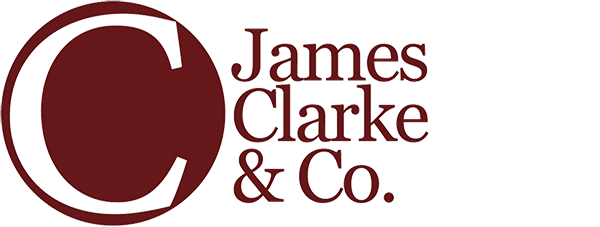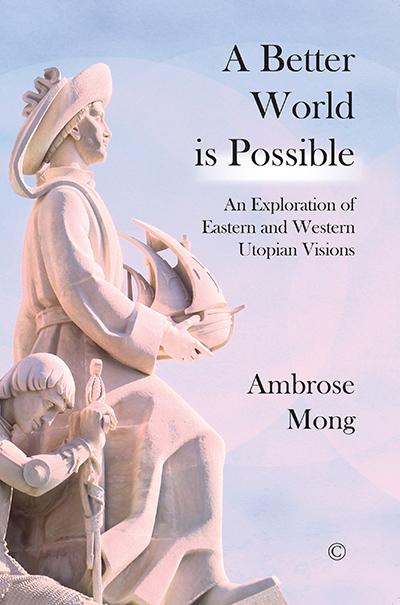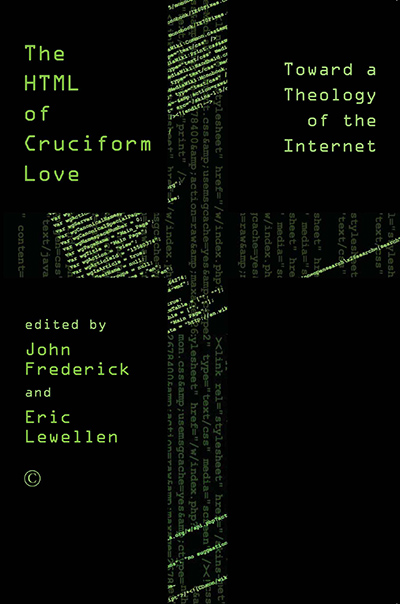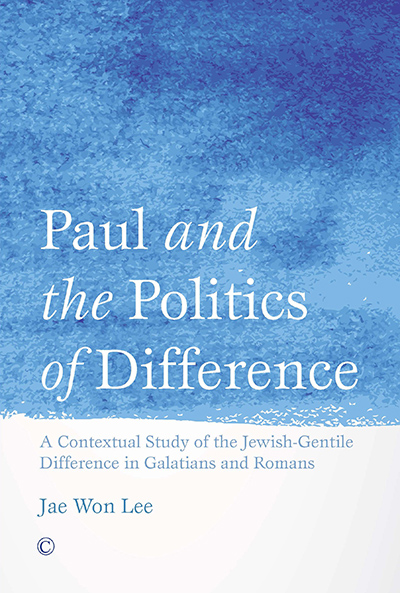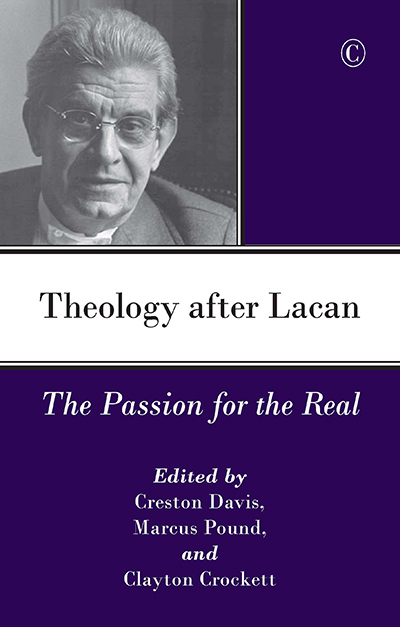Description
Paradise has been widely perceived as somewhere on ocean islands or in distant mountains where people come together to set up tightly-knit societies so they can live, work and worship in harmony and peace. For the first-time ever, in this widely-researched work that bridges the utopian ideas and visions of West and East, Ambrose Mong explores the writings of influential thinkers from ancient China to Renaissance Europe and today, including Thomas More, Teilhard de Chardin, Confucius and Mo Tzu, and even twentieth century political reformist Kang Youwei.
About the Author
Ambrose Mong, PhD, is assistant parish priest at St Andrew’s Church, Hong Kong and part-time lecturer and research associate at The Chinese University of Hong Kong. His recent publications with James Clarke & Co., include: Accommodation and Acceptance: An Exploration of Interfaith Relations (2015), Guns and Gospel: Imperialism and Evangelism in China (2016) and A Tale of Two Theologians: Treatment of Third World Theologies (2017).
Contents
Foreword by Mark DeStephano, PhD
Preface
Introduction
1. Utopia
2. Utopian Spirit
3. Globalization
4. Confucianism
5. Mohism
6. One World
7. Convergent Spirit
Conclusion
Bibliography
Index
Endorsements and Reviews
Ambrose Mong’s latest book compares and contrasts eastern and western philosophical conceptions of a better world. … Himself a Catholic priest who grew up between east and west in Singapore, Ambrose draws inspiration from the writings of Teilhard de Chardin (a Jesuit forbidden by his superiors from teaching religion) on a united humanity. A Better World Is Possible asks more questions than it answers, but they are questions which define our times.
George Yeo, Singapore Foreign Minister (2004-2011)
In this book, Ambrose Mong takes up the age-old question of whether it is possible and even necessary for humans to imagine a better world, and more importantly, how to bring it about. Practicing what is called ‘intercultural imaginary’, Mong skillfully brings together the Western ideals of utopia as ‘no place’ and the Eastern conceptions of it as ‘a better place’ and produces one of the most enriching and challenging vision of a future that may be called the Reign of God as it has been inaugurated in the death and resurrection of Jesus. Written in his trade-mark lucid style and undergirded by a vast erudition, [this book] joins the rank of classics in political philosophy and Christian ethics such as Thomas More’ Utopia, with a much-needed intercultural and interreligious approach unknown to its illustrious predecessor.
Dr Peter C. Phan, The Ignacio Ellacuria, SJ Chair of Catholic Social Thought, Department of Theology, Georgetown University
In this volume … Mong explores the fascinating possibilities of Utopia, asking whether ‘a better world’ is possible. His scholarship is meticulous. His writing is crystal clear. His vision is hope- and faith-filled.
Stephen Bevans, SVD, Louis J. Luzbetak, SVD Professor of Mission and Culture, Emeritus
Catholic Theological Union, Chicago
Utopia is by no means a purely western invention, people all over the world long for a better world. The book offers inspiring reading and motivation for it.
Christian Tauchner, in Bibliographia
